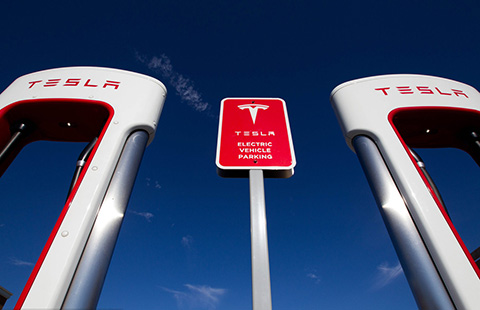China makes bold entry into LatAm health market
(Xinhua) Updated: 2016-07-04 09:59BOGOTA - China is making a bold entry into the Latin American health market, most recently taking over the entire main pavilion at an international medical fair held earlier this week in Colombia's capital Bogota.
China's first-ever participation in the four-day Meditech, which ran from June 28 to July 1, was attention grabbing, as the organizers noted in a press release.
China "made a strong impression, with 21 distributors of medical equipment, from syringes ... to specialized devices that can treat disorders such as sleep apnea," the organizers said.
China's entry into the regional market coincides with a World Health Organization (WHO) report that says Latin America, Asia and the Middle East present the best outlook for the sector in 2017.
According to the organizers, another study by consulting firm PharmaLive shows China is the world's second leading market for medical devices, after the United States, providing large multinationals an attractive offer through low-cost labor, and stands poised to account for 25 percent of the global market share by 2050.
China's expansion in Latin America is underway, with Colombia serving as a gateway to the regional health industry.
Leo Xiao, a representative of Chinese firm Konsung, which manufactures oximeters -- devices that gauge the level of oxygen in the blood -- and other items, said his company's experience in Colombia has been positive.
"I believe the Colombian market has very great potential," he told Xinhua. "Colombia also has a very privileged position in the field of business in Latin America, and to date our clients' response to our products has been quite good."
China, Xiao said, has worked to raise the quality standards of its medical products in keeping with a government drive to strengthen national productive sectors.
Ursula Sanchez, projects chief at Corferias, the exposition center in Bogota that hosted Meditech, said China's participation in the fair helped to enrich the offer.
"It's the first time it takes part in Meditech and it brought the latest high-tech devices, in addition to various products and services," said Sanchez.
"China has been presenting, not just in this sector, but in all other industrial sectors, new technologies, new advances and new breakthroughs. It's a country of utmost importance," added Sanchez.
Among the newest products China featured at the fair were RESmart GII and RESmart Auto, two "smart devices" designed to treat sleep apnea with "technology that automatically adapts to the patient's breathing," the organizers said in the press release.
"What's new about these devices is that they offer the patient the option of forgoing an operation, which many avoid out of fear of pain or simply because they don't have the time," Luis Wang, of China BMC, the maker of the devices, told the organizers.
Kynetyk, a Chinese company already known in Colombia for its dental implants and other orthodontic products, presented a new line of medical items for the field of gastroenterology and urology.
"We have brought high quality products for these specialties, which we are just beginning to introduce into the regional market, the company's Executive Director Peter Wang told Xinhua.
"Our products have gone over really well at this fair ... we want to continue to attend future editions," he added.
In a few months, after organizers conclude their surveys of the event and the volume of sales transactions it generated, they will have a better idea of how companies fared, Corferias' Sanchez said.
"We have high expectations," she said. "China is a point of reference for us and we are very pleased to have them in this edition, and we hope they return for following editions of Meditech."
Some 70 companies from around the world took part in the fair, including those from Germany, France, Brazil, Holland, Spain and the United States.
- Biopharma, healthcare stocks set for Q3 bounce
- Internet + big data = better service
- Hongkong and Shanghai Hotels preparing to pass the test of time
- Brexit effect eases, rebound likely
- Huaxia Finance CEO wants to give hope to small companies
- Virtual vintners sink roots deep in China, unnerve wine importers
- Buying air conditioners online has become a fun task
- Sales, service, localization-the mantra for success of Shaanxi Automobile


















